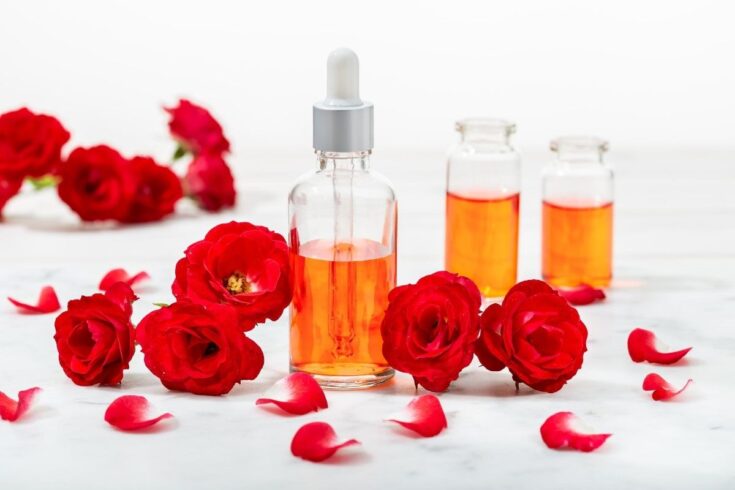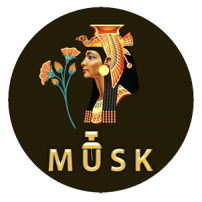When a retailer secures a deal with a third-party manufacturer based on which; the manufacturer produces a product with certain specifications, packaging and cost to be sold under the brand of the retailer without any attribution to the manufacturer name or brand.
Private label brands then become a strong competitor to national brands which are self-manufactured and sold by the brand owner business itself.
Private Label products can be positioned as a standalone product, as a part of a full product line or in support of other primary products.
Consumer goods across all categories are taking the lion’s share from private label’s business at the moment.
According to recent studies shared by Private Label Manufacturing Association, Private Label market share in the United Sates has reached 25% of gross sales and is aggressively competing against national brands.
4 Categories of Consumer Goods That Are Highly Penetrated by Private Label
- Food & Beverage. All grocery products that can be sold in retailer’s stores.
- Grooming & Personal Care. Nail Polish, Shampoo, Essential Oils, Aromatherapy Oils, etc.
- Clothing Brands. Many stores are selling a mix of private label and national brands together.
- Pet Food & Accessories. All types of pet food, toys, leashes, and any other type of accessories.

When could Private Label become your best Strategy?
If you are setting your own start up and want to see how goo your products are, Private Label is one of the best options to look for by offering your products to large retailers who will be interested in putting their own brand on your products and the rest is all down to your products to prove its worth.
If you are a retailer who wants to build customer loyalty and take it to the next level by offering a vast array of highly selling consumer goods with your own brand to your regular customers in order to create brand affection and ensure your customers will pay you more visits in the future then no quicker and more efficient strategy to follow rather than Private Label.

The Time When You Need to Stay Away From Private Label
New manufacturers who believe that their goods are good enough to compete in the market against the big national brands need to hold firm against the financial attraction of Private Label.
They should be ready to go all the way ahead in such a long journey to create, build, nurture and well position their own brand in the market.
A long path that always pays off!
5 Advantage You Get When You Decide To Adopt A Good Private Label Strategy
- Agility. Normally, manufacturers adapt to what their suppliers offer as it’s all about ready made products. This could be a drawback for the retailer in case competition is intense. They need to react quickly and customize certain products to beat the competition and gain market share. Here comes Private Label as an ideal solution for the retailers’ problems.
- Production Optimization. Retail is detail and Private Label gives retailers the freedom to set every single detail around their product specs starting from the ingredients, cost per unit, look and feel till they reach the shape and color of the packaging material.
- Efficient Supply Chain Management. One of the significant privileges of Private Label is the retailers’ control on production costs. They ensure that the overall cost of the unit will be minimized to be in line with estimated budget hence better and greater margins.
- Strong Brand Positioning Preference. Putting your own brand label on highly selling consumer goods not only yields repeated customer visits or higher margins but also builds and positions your brand gradually and positively in customers’ minds.
- Exclusivity. Where else will your customers find the products which they like that have your own brand? Exclusivity comes across strongly in this case and demonstrates one of Private Labeling strong advantages for retailers where they set themselves apart from competitors.
3 Disadvantages You Need to Consider When You Adopt A Private Label Approach
- Limited Distribution Options. You may get exclusivity by offering Private Label products on your own store shelves however this can be a drawback on itself where your customers will always have limited access to your products. National Brands have greater reach and wider footprint by having presence on the shelves of different stores and retailers on top of the brand’s own stores presence.
- Consumer Decision to Favor Known Brand. Introducing your own Private Label brand on a product for the first time may not serve in your favor quickly by a consumer who is usually attached to a certain brand that is well known and has a proven record of quality in the consumer’s mind. Do your due diligence well and know your customer behavior and preferences before making your decision to compete in a specific niche market.
- Abundancy of Stock. There maybe a requirement by the manufacturer to set a minimum quantity for your order to agree on Private Label option. This could be a risk factor in case you’re trying out a new product under your own brand and you don’t have the historical data to support your argument when it comes to minimum quantity negotiations. Make sure you don’t overly order whenever possible in these cases otherwise you will end up with overstocked shelves of dead inventory.

Essential Oils Export Amid The Rise of Private Label Techniques
As outlined earlier; consumer goods are the major segment for Private Label; Essential Oils is one of the highly sought-after products in export when it comes to Private Label requirements.
Our company ‘’MUSK’’ is open to any orders or requests from global importers of Essential and Aromatherapy Oils that demand a Private Label option.
‘’MUSK’’ is always ready to accommodate and fulfill these orders up to our clients’ convenience and with the tiniest details they want.

Conclusion
Private Label is the right path for manufacturers who don’t have a strong brand to penetrate the market and compete with the well-known national brands and also look for higher mass production to cover their fixed costs in their early years as a start-up.
Private Label is the perfect technique for retailers who seek for end to end control on their costs, product specifications, production and delivery lead time.
More importantly on how quickly they can react to market changes and market share competition.
Retailers can build their own brand on short term basis by adopting Private Label strategy but they will be easily outplayed by other national brands on the long term due to lack of footprint and mass distribution.
Private Label may not be the right choice for manufacturers who have a vision to build their own brand in the market and ready to follow a long term strategy to compete against national brands.



2 thoughts on “Here’s What We Learned About Private Label”